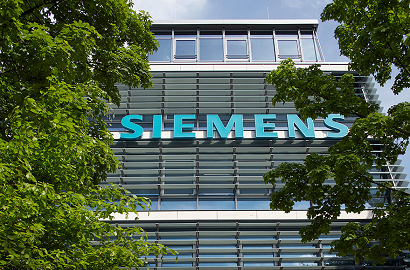Smart campus for Siemens' new Spanish headquarters to have thousands of employees

The 22,000-square metre complex will be operational in Madrid in 2028.
Siemens will build its new corporate headquarters in Spain in Madrid's Las Tablas district. The project will be a smart campus with several thousand employees. Construction is expected to be completed in 2028. The plans describe a smart, digital building and infrastructure, which will be carbon neutral in its operation and aims to become a landmark in the city.
This is not just a building, but rather a 22,000-square metre campus where, in addition to offices, there will be landscaped areas and services. It will be equipped with advanced digital solutions for smart infrastructure, in line with Siemens' commitment to its sustainability and decarbonisation goals.
Inclusive space
The features of the future corporate headquarters include being powered by a climate-friendly energy supply, the incorporation of sustainable mobility solutions and efficient energy management, and an inclusive space with the city without any architectural barriers. This way, it aims to contribute to the urban development of an area that will continue to grow in the coming years with the development of Madrid Nuevo Norte.
Siemens has participated in several strategic projects in the Community of Madrid in recent years, to which it has contributed its technology, and is now involved in others such as Madrid Nuevo Norte and Madrid Content City. The company has several R&D centres in the region specialising in digitalisation, industry, energy and mobility, including the Cybersecurity Hub that it opened three years ago and which employs more than 100 people.
Collaborating with the industrial fabric
The future headquarters will follow the course of its other buildings in Spain, which are already powered by 100% sustainable energy, have class A efficiency and have been recognised with the Ministry of Ecological Transition's Compenso seal.
The company is also committed to collaborating with Madrid's industrial fabric, starting with training in new technologies such as artificial intelligence (AI), cybersecurity, digital twins, automation, additive manufacturing, edge computing and connectivity. It could also contribute to the establishment of research and development centres in the region to work on innovative projects in digitalisation, automation and sustainability.
Photo: Siemens




